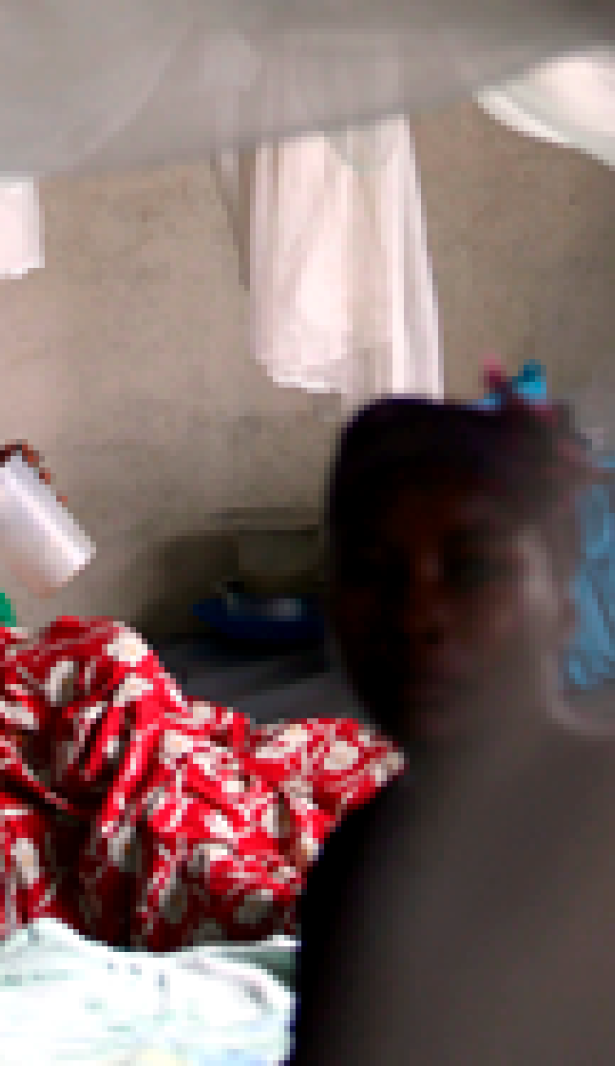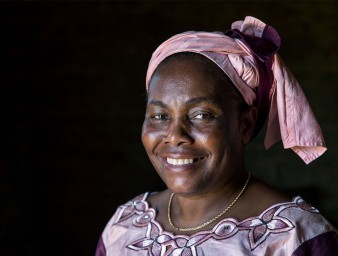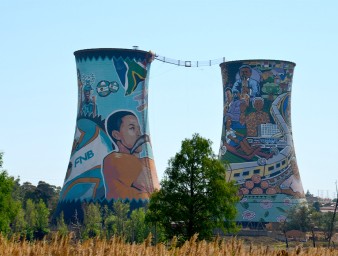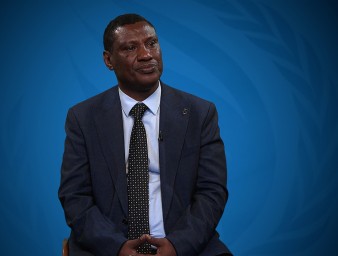What the victims need: redress for sexual violence in the DR Congo
11 April 2014
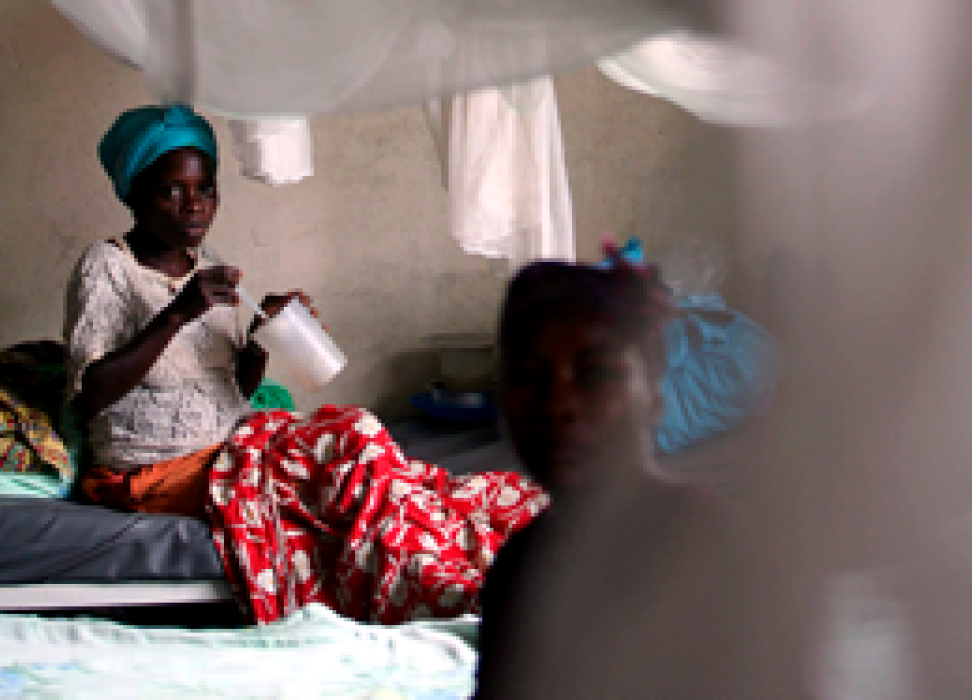
A group of panellists who met during the March session of the Human Rights Council said that sexual violence used as a weapon of war in the Democratic Republic of the Congo was decreasing. They remained concerned, however, by the low levels of prosecution of perpetrators and the lack of redress for the victims of rape and gender-based violence.
“There remain serious obstacles to accountability for crimes of sexual violence. In particular, victims are reluctant to come forward for fear of stigmatization, and because they lack legal support and other services,” said UN Human Rights Chief, Navi Pillay. “My Office has been particularly concerned with the absence of reparation schemes for survivors of sexual violence.”
Pillay added that, thanks to the support of donors, the UN Human Rights Office had set up five pilot projects in South Kivu province in collaboration with local organizations in order to provide assistance to survivors, while informing and encouraging broader reparations programmes.
Wivine Mumba Matipa, Minister of Justice and Human Rights of the DR Congo, highlighted that there was not a culture of rape in Congolese society, which explained the stigma and exclusion victims face. She also indicated that out of the 37,202 cases of sexual and gender-based violence reported in that country from 2011 to mid-2013, 98 percent of the victims were women and 66 percent of the perpetrators were civilian men.
In 2009, the Congolese Government, supported by development and civil society partners, drafted a National Strategy on Combating Sexual and Gender-Based Violence that provided for the training of the judiciary in rural areas, as well as medical, psychological and financial support for the victims.
“Civilian and military judicial statistics reported in 2012 and 2013 indicate that repressive action is constantly implemented against anyone, civilian or military, who commits acts of sexual violence,” stressed, Mumba Matipa adding that 9,419 cases in total had been examined by courts and tribunals in 2012-2013.
The African Union (AU) representative in Geneva, Jean-Marie Ehouzou, said that sexual violence in times of conflict was also a challenge to peace and security. In 2010, the AU created a Group of Wise Persons to work on reducing the vulnerability of women and children in armed conflicts. More recently, the AU General Assembly nominated a Special Envoy for Women, Peace and Security, Bineta Diop.
Zainab Hawa Bangura, UN Special Representative on sexual violence in conflict, said that the initial silence of the Congolese Government had led to the perception amongst the Congolese population that sexual violence was an abuse committed by outsiders from neighbouring countries.
Bangura further highlighted that perpetrators of human rights violations belonging to armed groups had been integrated into the national army when peace was negotiated. “The decision makers who sacrifice accountability, vetting, and reparations during peace-making processes, for short–termed peace gains, also share in the responsibilities for shaping post-conflict periods,” she stressed.
The Deputy UN Representative for the DR Congo, Abdallah Wafy, advised to focus on prosecuting perpetrators, including high-ranking officers, and making resources available to courts across the country.
“We must encourage the Congolese government to implement a free legal assistance system for victims of sexual violence in order to facilitate their access to justice,” he added. “It would be wise to also set up a compensation fund for victims to help them rebuild and overcome the challenges of their community reintegration.”
Pramila Patten, Vice-Chair of the Committee on the Elimination of all Forms of Discrimination against Women, said that at its last review in 2013 the Committee recommended to the DR Congo to connect the justice sector and the security sector reforms in addressing sexual and gender-based violence.
“The Committee recommended ensuring that the justice system is responsive to gender-based violence and increase the number of women judges dealing with cases of sexual violence in conflict-affected areas, and the number of judges and prosecutors specialized in sexual violence,” Patten said.
The Committee also told the DR Congo that they should ensure the effective regulation of the arms trade and control the circulation of illicit small arms; as well as enhance the inclusion and representation of women in peace negotiations and provincial security committees.
The Chair of the Board of Directors of the NGO Solidarité feminine pour la paix et le développement integral (Feminine Solidarity for Integral Peace and Development), Julienne Lusenge, stressed that re-establishing peace and justice in the DR Congo would be the solution to the violence.
“What needs to be done is bring holistic services - medical, judicial, legal, social and economic –to help victims and survivors in the various regions. Women cannot continue to pay for the cost of justice because they were raped,” she said. “The struggle against impunity requires imprisoning perpetrators.”
11 April 2014
